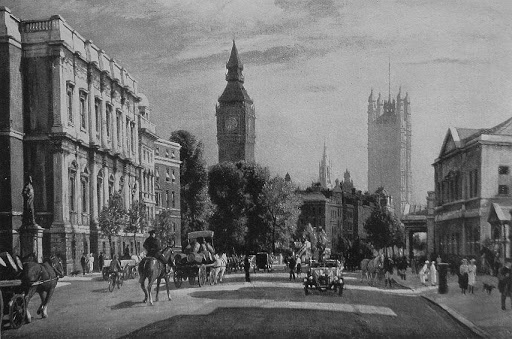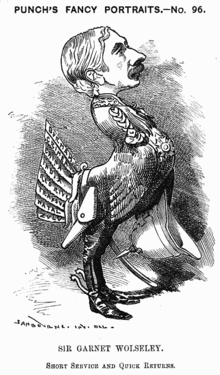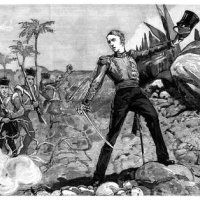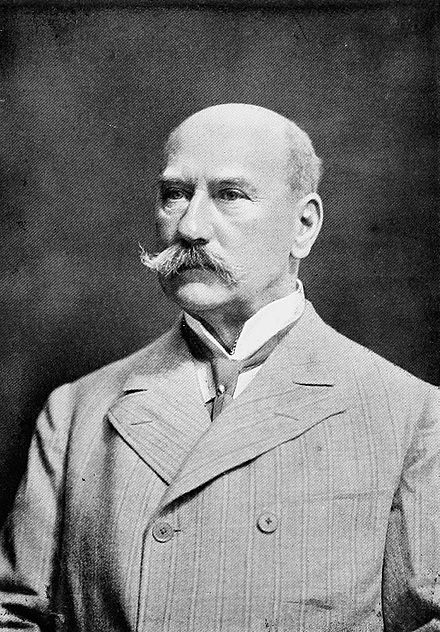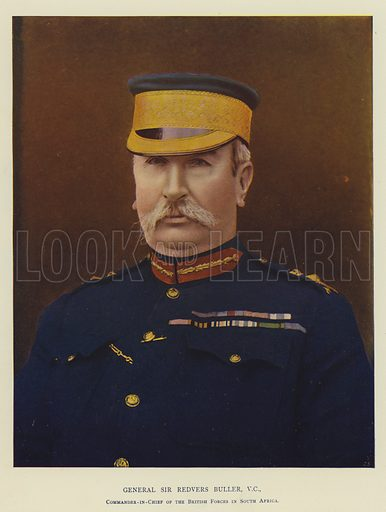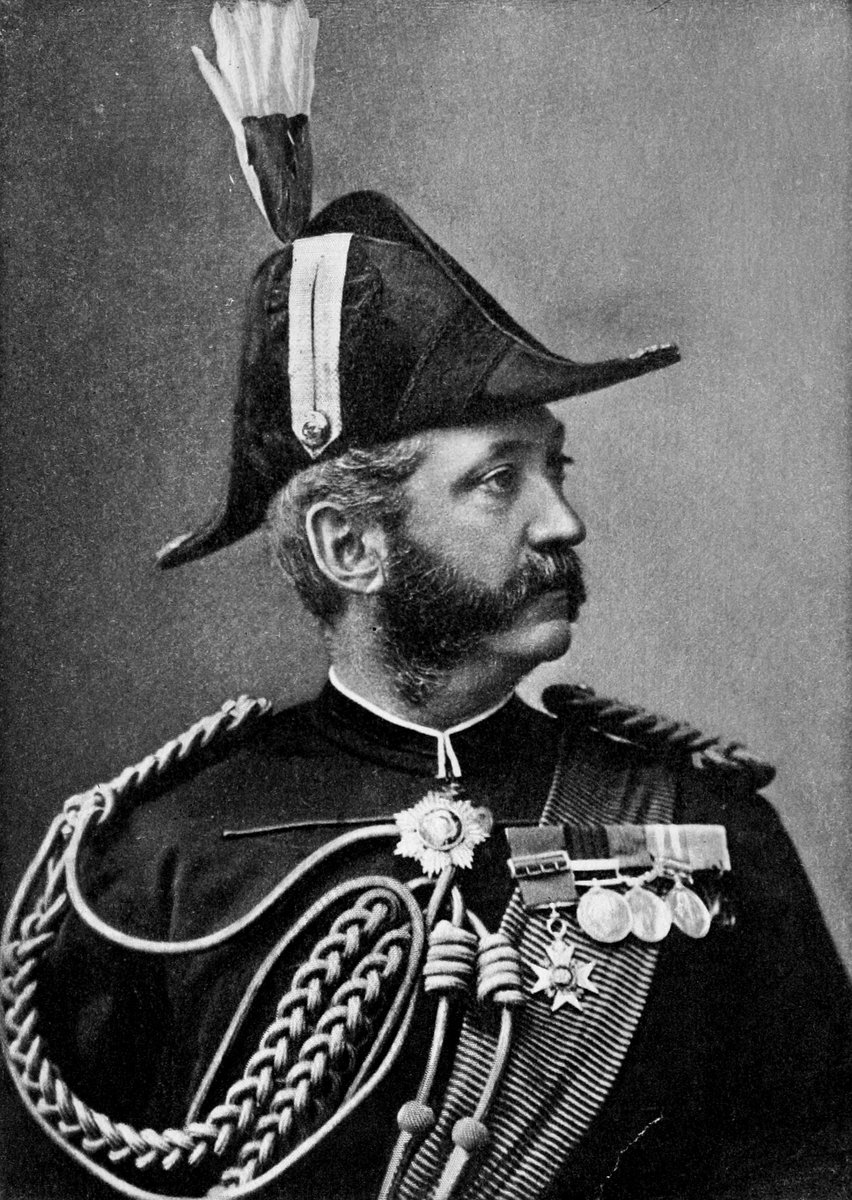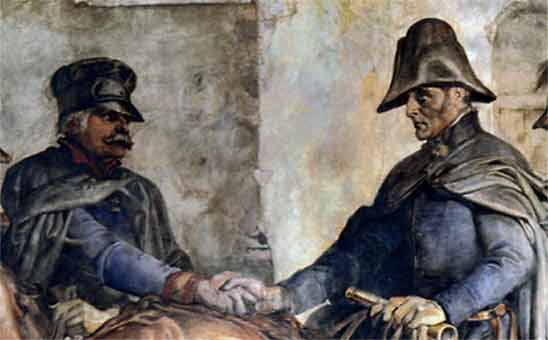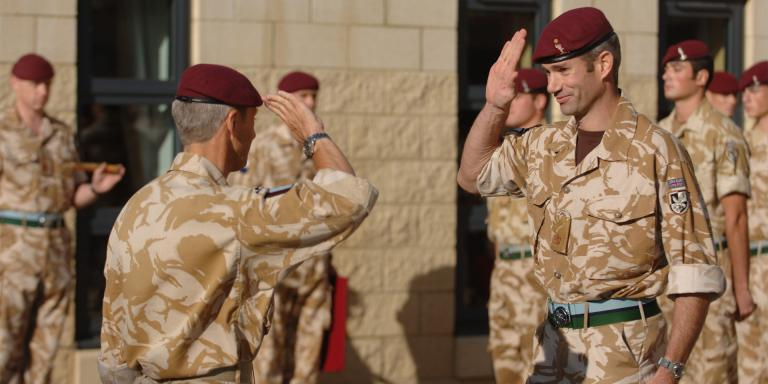The All Sir Garnet’s Team – teamwork for GSD – A thread
Ask someone to name a ‘Great’ General, and Sir Garnet Wolseley, despite his awesomeness, is unlikely to crop up. So, here’s a ‘short’ thread explaining why he’s my favourite (yep, even over Wellington (gasp https://abs.twimg.com/emoji/v2/... draggable="false" alt="😱" title="Vor Angst schreiendes Gesicht" aria-label="Emoji: Vor Angst schreiendes Gesicht">))
https://abs.twimg.com/emoji/v2/... draggable="false" alt="😱" title="Vor Angst schreiendes Gesicht" aria-label="Emoji: Vor Angst schreiendes Gesicht">))
1/14
Ask someone to name a ‘Great’ General, and Sir Garnet Wolseley, despite his awesomeness, is unlikely to crop up. So, here’s a ‘short’ thread explaining why he’s my favourite (yep, even over Wellington (gasp
1/14
Almost invariably sent in after (yet another) major politico-military cock-up, Wolseley was Whitehall’s Troubleshooter. In this context, quibbles around Sir Garnet’s (in)famous arrogance & ambiguous ‘victories’ thus often completely miss the point: he GSD (Got Shit Done)
2/14
2/14
Outspoken reformist, contemptuous of sycophancy & intolerant of incompetence, Sir Garnet was loathed by an old establishment founded on nepotism & sinecure. But change in the C19th was merciless & Whitehall had no time for convention; it needed to get GSD. It needed Wolseley
3/14
3/14
It’s HOW SirG GSD that elevates him. His low profile as a leader stems from a strong-man fallacy permeating strategic studies. It fails to understand the strength of a leader can derive not from their innate charisma & personality, but the PEOPLE they lead
4/14
4/14
Sir Garnet’s ‘RING’, his A Team (or All Sir Garnet’s Team (ASG Team)) is well known, but often critiqued that his people were favoured, overpromoted, & never performed magnificently on their own (Colley in the 1st Boer War & Wood in the 2nd cases in point) but…
5/14
5/14
This misses the point. He didn’t choose based on leadership potential. He chose people because they were bloody good at something. They got results, they had clearly identifiable skills & strengths, & were people Wolseley knew he could use, & trust to get it done
6/14
6/14
Let’s meet some of the A(SG) Team: Brackenbury: Skill - intelligence & situational awareness. Bit naf at soldiering, didn’t like soldiers, rubbish ADC. SirG didn’t care, he was the sharpest winkle pin in the Victorian army & key figure in the UK’s first intelligence services
7/14
7/14
Redvers Buller: Skill – good tactician + solid, brave, dependable soldier. Tell him to get something done, he’d get it done, or die trying. Came close to that a few times. Very high likely his recon, choice of ground & tactical advice won Ulundi, not Chelmsford
8/14
8/14
William Butler: Skill - logistical powerhouse with immense initiative, ideal for long-distance campaigns. Catholic, irascible, ahead of his time, loathing the racism of his countrymen. Likely his critique of Chelmsford’s expenditure helped Wolseley make his case in S Africa
9/14
9/14
What marks them out are their specific skills, get it done attitude, initiative and fortitude. SirG only judged a man by RESULTS (as Crealock found when his marquee and champagne were sent back with a terse note that he should focus more on the front line, not its rear)
10/14
10/14
He:
Knew what a task needed
Knew his team’s strengths & weaknesses
Allocated tasks based on aptitude
Made it v clear what was wanted, by when
Trusted them to do it
11/14
Knew what a task needed
Knew his team’s strengths & weaknesses
Allocated tasks based on aptitude
Made it v clear what was wanted, by when
Trusted them to do it
11/14
Bear in mind this was also Wellington’s strength: a general who knew how to work with allies, where to use/ put his strongest & weakest commanders. When he told Blucher to turn up for Waterloo, no matter what, he knew he would. Generals win battles. Teamwork wins wars
12/14
12/14
End note: bear in mind promotion then, as now, was one of the few, limited means of recognising a job well done. Career progression that only shunts people up management ladders will see people with real skills fail. A lesson the modern Army could learn from
13/14
13/14
This is my first tweet/blog effort, so will fall short. I just wanted to get across the teamwork aspect & lessons we can all pick up on, & perhaps think differently about how we perceive ‘great’ leadership. Next will be logistics for victory & why Khartoum wasn’t a failure
14/14
14/14

 Read on Twitter
Read on Twitter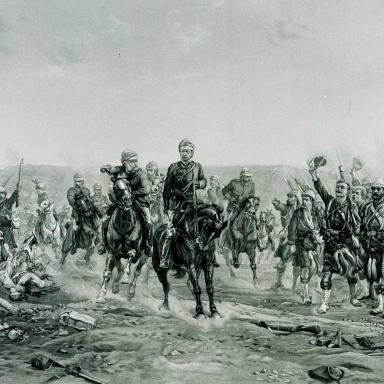 ))1/14" title="The All Sir Garnet’s Team – teamwork for GSD – A threadAsk someone to name a ‘Great’ General, and Sir Garnet Wolseley, despite his awesomeness, is unlikely to crop up. So, here’s a ‘short’ thread explaining why he’s my favourite (yep, even over Wellington (gasp https://abs.twimg.com/emoji/v2/... draggable="false" alt="😱" title="Vor Angst schreiendes Gesicht" aria-label="Emoji: Vor Angst schreiendes Gesicht">))1/14" class="img-responsive" style="max-width:100%;"/>
))1/14" title="The All Sir Garnet’s Team – teamwork for GSD – A threadAsk someone to name a ‘Great’ General, and Sir Garnet Wolseley, despite his awesomeness, is unlikely to crop up. So, here’s a ‘short’ thread explaining why he’s my favourite (yep, even over Wellington (gasp https://abs.twimg.com/emoji/v2/... draggable="false" alt="😱" title="Vor Angst schreiendes Gesicht" aria-label="Emoji: Vor Angst schreiendes Gesicht">))1/14" class="img-responsive" style="max-width:100%;"/>
